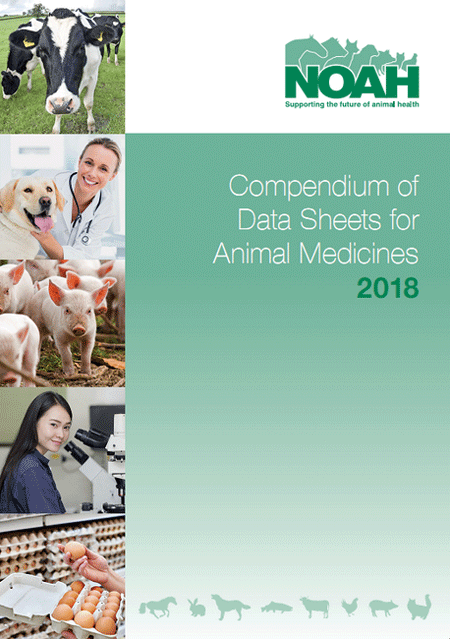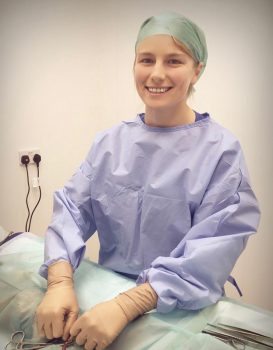Belief #2: if you can’t afford to care for an animal then you shouldn’t have one
You, young doctor or nurse – living in your privileged society of excess, with your years of study, working in an industry that exists largely to minimise animal suffering – have certain expectations of what “taking care of an animal” looks like.
Of course, we should always strive to do the best we can for any animal in our care, but we need to learn to put judgement aside when an owner’s abilities don’t stretch to meet our expectations.
Saying “if you can’t afford to care for a pet then you shouldn’t be allowed to own one” is a subjective and biased opinion.
What defines an appropriate level of “caring for your animal” is based to a large degree on your background, prior experiences with animals and financial circumstances.
Where is the line?
Let’s agree that if someone takes an animal in your care, it is his or her responsibility to meet its basic needs – make sure it doesn’t starve, freeze or cook to death; don’t cause it unnecessary suffering through wilful abuse or neglect; and satisfy at least some basic emotional needs of connection, and freedom from fear and pain.
Beyond that, where is the line?
You could argue provision for core vaccinations should make the cut into what constitutes basic levels of care, but I can assure you many unvaccinated animals around the world live very happy lives.
I’ve seen many colleagues spit venom about “careless owners” who “don’t deserve to own an animal” when a dog presents with a pyometra, so should we make neutering a minimum requirement of pet ownership?
Should every pet owner have the means to pay for at least full bloods and an ultrasound? What about major life-saving surgery? An MRI? Chemotherapy? Specialist referral?
If a line in the sand does exist, then it’s poorly defined – and, like the line between beach and ocean, it’s a line that will shift with every wave, tide, and storm.
Collision course
So, how does this belief hold you back?
If you subscribe to this way of thinking, you’ll be on a constant collision course with a large part of the population. It’s a mindset that will set you up for daily antagonistic interactions with the people who present their animals to you, instead of creating those all-important relationships that were mentioned in part one.
None of this will benefit your patients, your clients, or yourself. To put it simply: you’ll only make yourself resentful and miserable.
Burden of care
Where things do become complicated is when individuals expect a high level of veterinary care without being willing to pay for it.
When the burden of care – and blame for lack of provision of its gold standard – are shifted solely on to the shoulders of the veterinary community, the relationship starts falling apart.
This, of course, is rubbish – and should be treated as such.
It’s a problem that vets who have the capacity to provide high levels of care will grapple with, and can be the topic of many more blogs.
For the purpose of this post, let’s just say we should always aim to help – to the best of our abilities, and with a consistent level of caring and lack of judgement – any person who presents their animal into our care, despite their individual expectations and capacity of what constitutes a good level of care.










